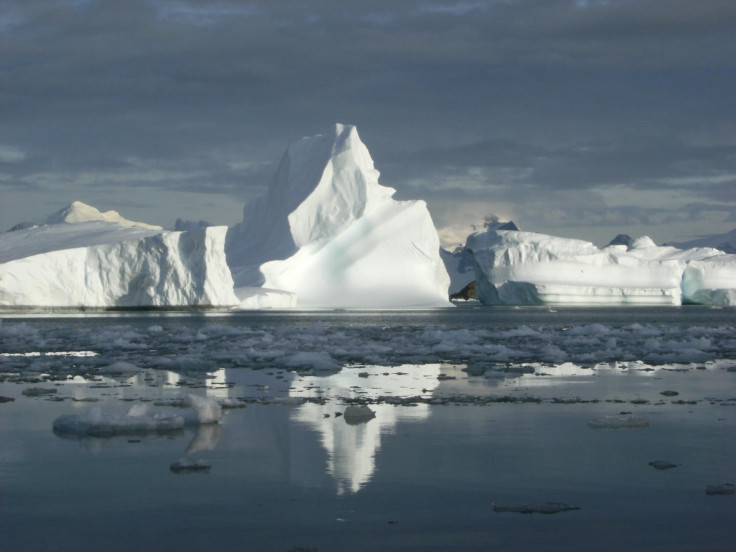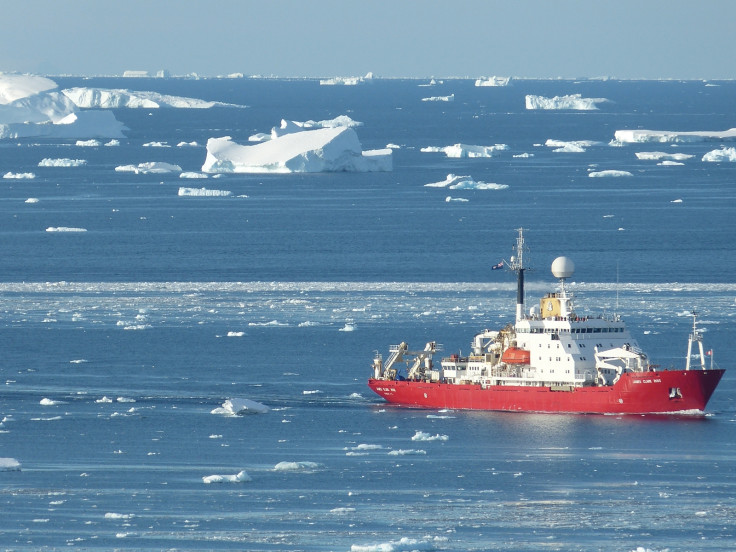Ocean warming, not atmospheric temperature, may be main contributor to glacier retreat
British Antarctic survey says glacier retreat may contribute to sea levels rising.

Ocean warming is the primary cause of the retreat of glaciers on the Western Antarctic Peninsula, scientists have said. This area of the world is one of the main contributors to sea-rising.
Glacier are dynamic systems. They can grow or lose ice mass every year as a result of precipitation, melting and sublimation. When glacier shrink, they are said to 'retreat' – this happens when their ice melts or ablates more quickly than snowfall can form new ice. 90% of the 674 glaciers on the Western Antarctic Peninsula have retreated since records began in the 1940s.
While scientists knew that ocean warming was affecting large glaciers throughout Antarctica, they thought that atmospheric temperatures were the largest contributor to glacier retreat.
This study, published in the journal Science, show there is a very significant correlation between ocean temperature patterns and glaciers retreat.
Effects of ocean temperature
The scientists from the British Antarctic Survey studied ocean temperature measurements around the Peninsula stretching back several decades, and analysed water and ice samples, photography, and satellite data of the 674 glaciers.
These glaciers are very diverse with those in the north-west of the peninsula showed less retreat than those further South. The researchers used the available data to try and explain these differences and why retreat had accelerated since the 1990s.
Glacier retreat in the Western Antarctic Peninsula was strongly correlated with ocean temperatures. Indeed water is colder in the north-west and becomes progressively warmer at depths below 100m further south, which may explain why glaciers retreated more in this area.
Furthermore, the warm water at mid-depths in the southerly region has been warming since the 1990s, alongside the widespread acceleration in glacier retreat.

"These new findings demonstrate for the first time that the ocean plays a major role in controlling the stability of glaciers on the western Antarctic Peninsula", says co-author Professor Mike Meredith from the British Antarctic Survey. "Where mid-depth waters from the deep ocean intrude onto the continental shelf and spread towards the coast, they bring heat that causes the glaciers to break up and melt. These waters have become warmer and moved to shallower depths in recent decades, causing glacier retreat to accelerate."
These findings emphasise that a warmer ocean is key to understanding the dynamics of glaciers' growth and retreat on the Antarctic Peninsula. Crucially, it may help improve predictions of sea-level rise since the peninsula highly contributes to such a rise.
© Copyright IBTimes 2025. All rights reserved.






















